CO2 sensors for agriculture are becoming increasingly vital tools in modern farming practices. These sensors are devices specifically designed to measure the concentration of carbon dioxide (CO2) in the atmosphere within agricultural environments. They help in monitoring the level of CO2 in greenhouses, indoor farms and livestock buildings. These sensors play a crucial role in helping farmers monitor and manage environmental conditions. They can optimize crop growth, livestock health, and overall agricultural productivity.
CO2 sensors work by detecting and quantifying the amount of CO2 present in the air surrounding plants or animals. They typically utilize various technologies such as infrared absorption, non-dispersive infrared (NDIR) spectroscopy, or metal oxide semiconductors. These CO2 sensors for agriculture can accurately measure CO2 levels in closed environment. Farmers can use real-time data to make informed decisions regarding ventilation, CO2 supplementation, and other environmental controls. They provide valuable insights into plant health, growth, livestock health, and overall agricultural productivity.
Let us explore the benefits of using a CO2 sensor for agriculture.
Optimal Indoor Air Quality:
CO2 sensors are essential for maintaining optimal indoor air quality in livestock buildings. These sensors measure carbon dioxide levels in the atmosphere. They facilitate improved production outcomes. These sensors help farmers monitor CO2 levels to ensure adequate ventilation and prevent the buildup of harmful gases. By maintaining proper ventilation and CO2 levels, farmers can create a healthier environment for livestock. They can reduce the risk of respiratory issues and improve overall animal welfare.
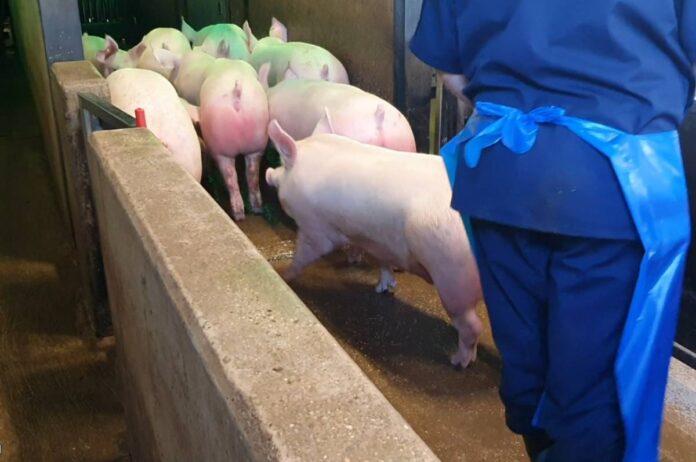
Managing Animal Stress:
Changes in CO2 levels can impact animal behaviour and stress levels. High levels of CO2 can lead to increased stress and discomfort in livestock. It affects their growth and productivity. CO2 sensors allow farmers to identify and address ventilation issues promptly. They can minimize stress level in animals. And they can promote better animal health and performance.
Enhancing Feed Conversion Efficiency:
CO2 sensors can also help optimize feed conversion efficiency in livestock farming. They can monitor the CO2 levels in enclosed spaces. You can use them in places like feedlots or barns to monitor the level of CO2 more accurately. Farmers can use the data offered by these sensors to adjust ventilation and feeding practices. They can create a more comfortable environment for animals. This can lead to improved feed intake, digestion, and overall feed conversion efficiency. Ultimately it reduces production costs and improving profitability.
Reducing Environmental Impact:
CO2 sensors play a crucial role in reducing the environmental impact of livestock agriculture. This includes optimizing ventilation systems and managing manure storage. Farmers can also implement sustainable farming practices to reduce the carbon footprint of livestock production. Farmers can contribute to more environmentally sustainable livestock agriculture practices by incorporating CO2 sensors into their operations.
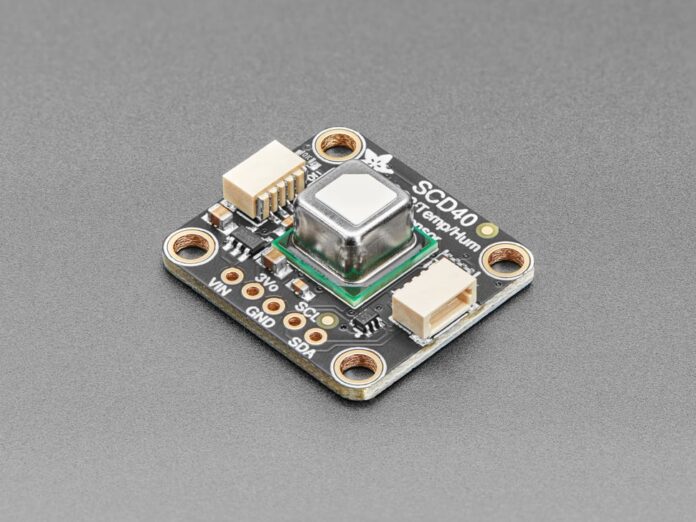
Managing Heat Stress:
CO2 sensors can also aid in managing heat stress in livestock farming. High temperatures can increase respiration rates in animals. It leads to elevated levels of CO2 in enclosed spaces such as barns or poultry houses. Farmers can identify areas with poor ventilation or excessive heat buildup by monitoring CO2 levels. It allows them for prompt intervention to improve airflow. It helps in reducing heat stress in livestock. This proactive approach helps maintain optimal CO2 levels and temperature conditions. It promotes animal comfort, health, and productivity in livestock farming operations.
Optimizing Photosynthesis:
CO2 sensors play a crucial role in optimizing photosynthesis process. It is the process by which plants convert carbon dioxide into energy through sunlight. These CO2 sensors help farmers monitor CO2 levels in the air. They can ensure that their crops receive the optimal amount of CO2 for photosynthesis. It will ensure healthier and more robust plant growth. Farmers can optimize the production rate and make profits.
Enhancing Crop Yield:
Maintaining optimal CO2 levels is directly linked to enhanced crop yield. CO2 sensors help farmers adjust environmental conditions in greenhouses along with indoor farming setups. It helps them ensure that plants receive adequate CO2 regularly. This will help in enhancing productivity. Farmers can increase their crop yields and overall profitability by providing plants with the right amount of CO2.
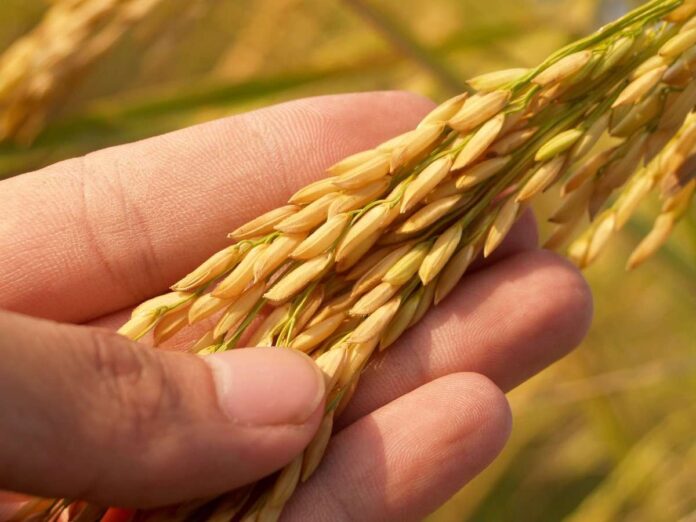
Improving Resource Efficiency:
CO2 sensors enable farmers to optimize resource efficiency by reducing CO2 waste. By accurately monitoring CO2 levels, farmers can adjust ventilation systems. They can also opt for CO2 supplementation methods to prevent over- or under-supply of CO2 to plants. This not only conserves resources and costs in the long run but also minimizes energy costs associated with unnecessary CO2 supplementation.
Optimizing Carbon Dioxide Supplementation:
In addition to monitoring ambient CO2 levels, CO2 sensors allow farmers to precisely control CO2 supplementation in greenhouses or indoor farming environments. By accurately regulating CO2 levels based on real-time sensor data, farmers can provide crops with optimal CO2 concentrations. This leads to increased photosynthetic rates and ultimately, higher crop yields. This targeted approach to CO2 supplementation ensures that plants receive the necessary carbon dioxide to maximize their growth potential. It results in improved crop yields and overall agricultural productivity.
Detecting Environmental Stressors:
Changes in CO2 levels can indicate environmental stressors such as pest infestations, disease outbreaks, or inadequate ventilation. CO2 sensors act as early warning systems for the farmers. These devices alert farmers to potential issues before they escalate to a severe stage. Farmers can mitigate crop damage by promptly addressing these stressors. They can maintain a healthy agricultural environment and yield their production.
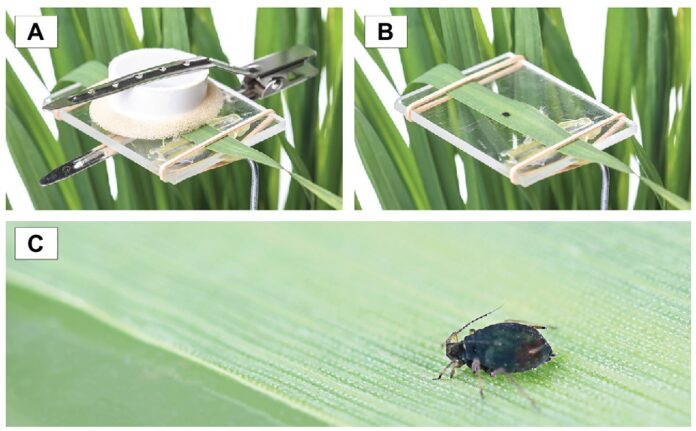
CO2 sensors are invaluable tools for both crop cultivation and livestock farming. These devices offer farmers precise control over environmental conditions. They can optimize productivity and ensure animal welfare. Farmers can enhance photosynthesis levels by accurately monitoring CO2 levels and implementing appropriate measures. They can improve crop yields, promote livestock health, and mitigate environmental stressors.
The integration of CO2 sensors into agricultural practices enhances efficiency and profitability. It also contributes to more sustainable and environmentally friendly farming methods. As technology continues to advance, CO2 sensors will remain essential instruments for maximizing agricultural production. It will also minimize resource usage and environmental impact.

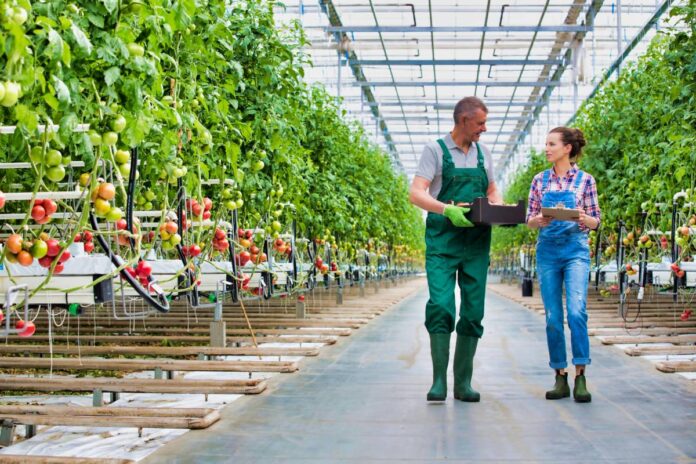

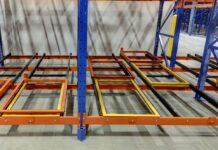
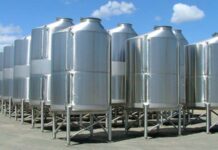
![Calgary’s Hottest Neighborhoods for Luxury Homebuyers [2024]](https://thewashingtonote.com/wp-content/uploads/2024/04/Calgary-324x160.png)



